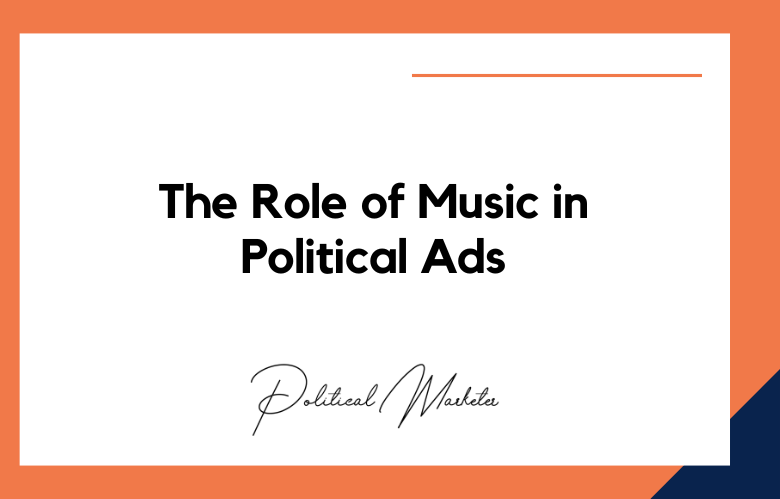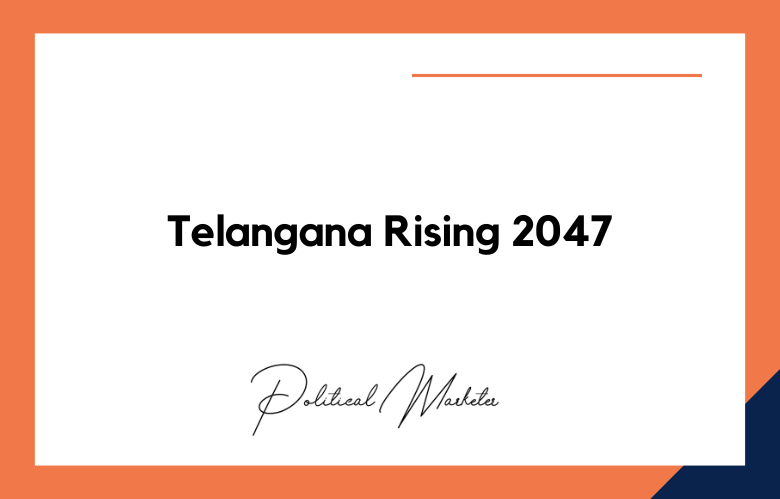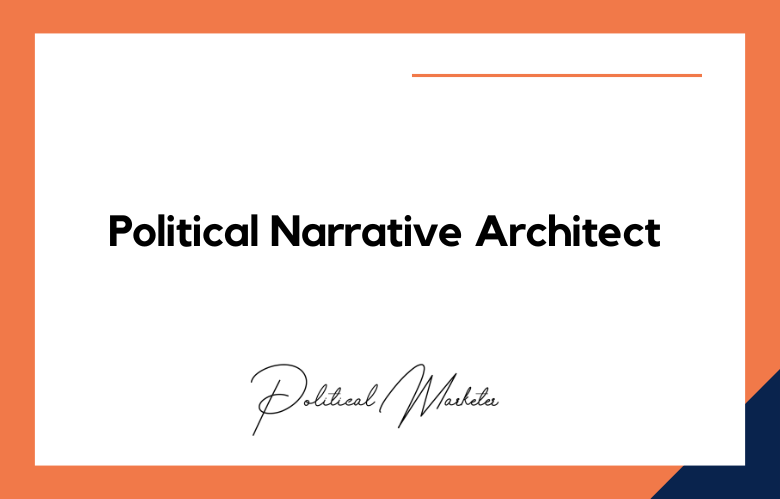Political ads using music and celebrity endorsements are game-changers. They grab attention and create a buzz like nothing else. Celebrities have the power to sway opinions, making messages stick. Music sets the mood, amplifying emotions and driving home key points. Together, they make political campaigns unforgettable.
In a world where every vote counts, harnessing these tools can turn the tide. Ads that feature popular songs and beloved stars resonate with audiences. They spark conversations and inspire action. This post dives into how these elements shape political landscapes and influence voters. Get ready to explore the impact of catchy tunes and star power in politics.
The Role of Music in Political Ads: Key Takeaways
- Music plays a crucial role in political ads by evoking emotions and creating memorable associations with candidates.
- Celebrity endorsements can significantly boost a candidate’s visibility and appeal, especially among younger voters.
- Research shows that celebrity endorsements do matter; they can influence public opinion and voting behavior.
- Campaigns should align the chosen elements with their core message and target audience to effectively use music and celebrity endorsements.
- Consider using familiar tunes or popular celebrities to enhance relatability and engagement in your political ads.
- Continually evaluate the impact of your ads through feedback and data to refine strategies for future campaigns.
Role of Music in Political Ads
Historical Context and Evolution
Political ads have changed dramatically over the years. In the 1960s, campaigns began using music to connect with voters. A notable moment was John F. Kennedy’s campaign in 1960. His team used upbeat music to create a positive image.
As technology advanced, so did political ads. The rise of television in the 1970s brought celebrity endorsements into play. Stars like Ronald Reagan used their fame to influence public opinion. In 2008, Barack Obama’s campaign featured many celebrities, boosting his appeal among younger voters.
Emotional Impact on Voters
For instance, uplifting tunes can inspire hope and excitement among voters. This connection can sway voter sentiments significantly.
Celebrity presence in ads also creates strong emotional ties. People often relate to celebrities they admire. This connection makes them more likely to support a candidate endorsed by someone they trust. Studies show that ads featuring celebrities can increase the candidate’s engagement and interest.
Several successful campaigns have demonstrated this effect. For example, during the 2016 election, Hillary Clinton effectively used celebrity endorsements. Her ads featured stars like Lady Gaga and Katy Perry, which resonated with younger audiences.
Case Studies of Successful Campaigns
Political campaigns have successfully used celebrity endorsements to gain traction. One example is the 2008 Obama campaign. It enlisted stars like Beyoncé and Jay-Z, increasing visibility and enthusiasm among supporters.
Another example is the 2012 campaign for President Obama. He had endorsements from celebrities such as Oprah Winfrey and Will.i.am. Their involvement helped mobilize young voters and increase turnout.
Campaign strategies often align celebrity influence with messaging goals. They choose celebrities who reflect their values or target demographics. This alignment strengthens the overall impact of the campaign.
Celebrity Endorsements in Politics
Influence on Public Opinion
Celebrity endorsements can significantly shift public opinion. Famous figures often connect with voters emotionally, and their support for a political candidate can make issues more relatable. For example, when a popular actor endorses a presidential candidate, it can attract younger voters who admire that celebrity.
Social media amplifies these effects. Channels like Twitter and Instagram allow celebrities to share their endorsements widely. A single tweet from a celebrity can reach millions in seconds. Celebrities also frame political narratives through their endorsements. They highlight specific issues, guiding public attention toward what matters most.
Risks and Controversies
Celebrity endorsements come with risks. Celebrities may face backlash for supporting specific candidates. Fans might disagree with their political choices, leading to adverse reactions. For instance, when a celebrity endorses a controversial politician, they might lose followers or face criticism.
Controversies can alienate voter demographics. Not all fans share the same political views as their favorite stars. This divide can create tension among supporters. A celebrity’s brand also impacts the effectiveness of their endorsement. If celebrities are seen as out of touch, their endorsement may not resonate with voters.
Measuring Effectiveness
Evaluating the impact of celebrity endorsements is complex. Polling data serves as one method to gauge voter behavior after an endorsement. Candidates often survey to see if their support has increased following a celebrity’s announcement.
Social media engagement offers another metric. Increased likes, shares, and comments on an endorsement post can indicate success. However, quantifying the direct influence on election results remains challenging. Many factors affect voter decisions, making it hard to isolate the impact of a celebrity endorsement.
Do Celebrity Endorsements Matter
Pop Stars and Political Influence
Pop stars hold a unique position in shaping political discourse. Their platforms reach millions of fans, and this influence becomes significant during election cycles. Celebrities often use their social media to discuss issues that matter to them. For instance, Taylor Swift encouraged her followers to vote in the 2020 election.
Pop culture intersects with politics in many ways. Concerts and events often serve as platforms for political messages. This connection can increase youth voter turnout. Studies show that young people are more likely to vote when celebrities engage them. For example, during the 2016 election, many pop stars urged their fans to participate in the democratic process.
Voter Perception and Behavior
Voters have varied perceptions of celebrity endorsements. Some see them as credible sources of information, while others may question their motives or knowledge about politics. Trust plays a key role in how voters respond to these endorsements—factors like a celebrity’s history and authenticity impact this trust.
A voter’s existing beliefs influence their reaction to celebrity endorsements. If a celebrity aligns with a voter’s views, they may feel more inclined to support them. Conversely, if there is a mismatch, it could lead to skepticism. This dynamic shows how personal beliefs shape responses to public figures.
Long-Term Impact on Campaigns
Celebrity endorsements can have lasting effects beyond a single election cycle. They can help shape political identities over time. When celebrities consistently support specific causes or candidates, they create an image that resonates with their audience. This can lead to stronger party affiliations among fans.
Successful endorsements often result in ongoing relationships between celebrities and political figures. For example, Oprah Winfrey’s support for Barack Obama in 2008 helped him gain visibility and credibility among voters. Such relationships can continue influencing public opinion long after the election ends.
Strategies for Effective Use
Aligning Celebrities with Campaign Values
Celebrity endorsements can enhance political ads. However, alignment with campaign values is crucial. If a celebrity’s image does not match the campaign’s message, it can confuse voters. For example, if a candidate promotes environmental issues but chooses a celebrity known for polluting practices, it creates distrust.
Campaigns should select celebrities whose personal values resonate with their objectives. Research shows that authenticity leads to stronger voter connections. Candidates must consider their audience and the celebrity’s public persona. A well-aligned endorsement can motivate supporters and strengthen the campaign’s credibility.
Choosing the Right Music and Stars
Music plays a vital role in political advertising. It sets the tone and evokes emotions. For instance, an upbeat song can energize a rally, while a solemn tune may suit a somber message.
Celebrities should appeal to target demographics, and campaigns must understand who they want to reach. A younger audience may respond better to pop stars than classic rock icons. Cultural relevance also matters when choosing music and stars.
Integrating Media Platforms
Utilizing various media platforms maximizes the reach of celebrity endorsements. Political ads should be on television, social media, and streaming services. Each platform attracts different audiences and increases visibility.
Integrating traditional and digital media enhances effectiveness. Campaigns can use TV ads for broad exposure while leveraging social media for targeted messaging. This combination allows candidates to engage in real-time discussions with voters.
Successful campaigns have effectively used multiple platforms. For example, Barack Obama’s 2008 campaign utilized YouTube and Facebook alongside traditional ads, which helped him connect with younger voters.
Closing Thoughts
Political ads that use music and celebrity endorsements can be game-changers. You’ve seen how effective strategies can amplify a message. Using the right tunes and familiar faces can sway opinions and boost engagement.
As you navigate the world of political advertising, consider how these elements can enhance your campaigns. Don’t just follow trends; set them. Think about your audience and what resonates with them. Now’s the time to harness the power of music and celebrity influence. Get creative, be bold, and make your mark in politics.
Frequently Asked Questions
What is the role of music in political ads?
Music in political ads sets the tone and evokes emotions. It can enhance messaging, making it memorable and impactful. The right soundtrack can connect with viewers, influencing their perceptions and feelings about a candidate.
How do celebrity endorsements influence political campaigns?
Celebrity endorsements can significantly boost a candidate’s visibility and credibility. They attract media attention and engage younger voters, leveraging the celebrity’s fan base to expand outreach and support for the campaign.
Are celebrity endorsements effective in swaying voter opinions?
Yes, studies show that celebrity endorsements can sway voter opinions, especially among undecided or younger voters. Their influence can help shape public perception and increase engagement with political messages.
What strategies should campaigns use for music in ads?
Campaigns should choose music that aligns with their message and target audience. Using familiar tunes or uplifting melodies can enhance emotional appeal. Ensure the music complements the visuals and effectively supports the overall narrative.
How can campaigns select the right celebrities for endorsements?
Campaigns should select celebrities whose values align with their message. Consider the celebrity’s reach, relevance to the target audience, and public image. Authenticity matters; genuine endorsements resonate more with voters.
Do political ads need both music and celebrity endorsements?
Not necessarily, but combining both can amplify impact. Music engages emotions, while celebrities bring credibility and attention. When used strategically, each element enhances the other, creating a more substantial overall message.
What are the common pitfalls in using music and celebrity endorsements?
Common pitfalls include choosing inappropriate music or celebrities that don’t resonate with the target audience. Overly flashy or disconnected elements can dilute the message. Authenticity is key; avoid forced or insincere associations that may backfire.











